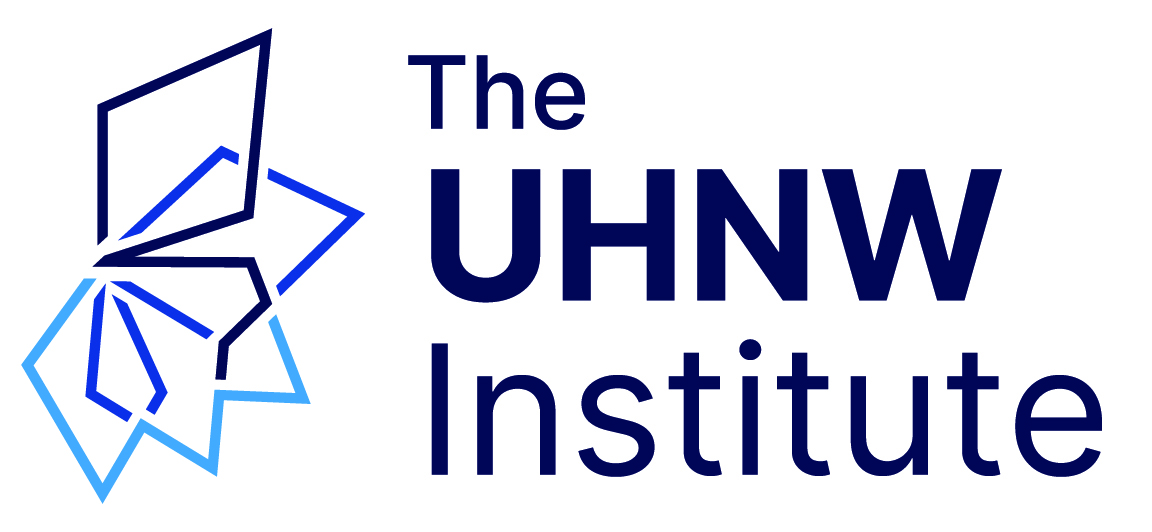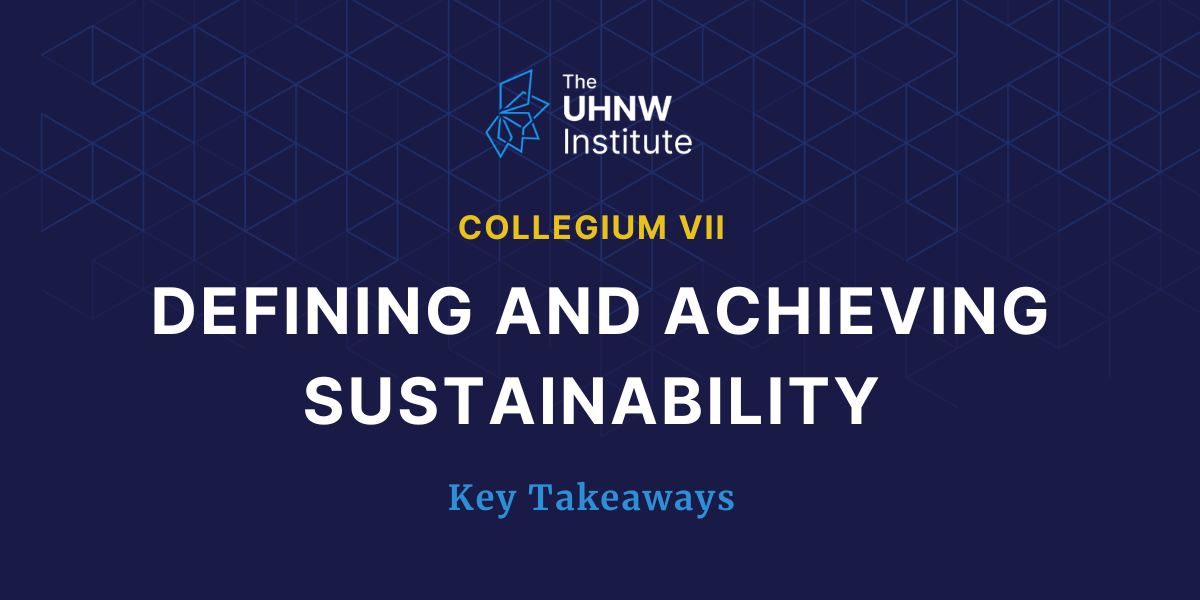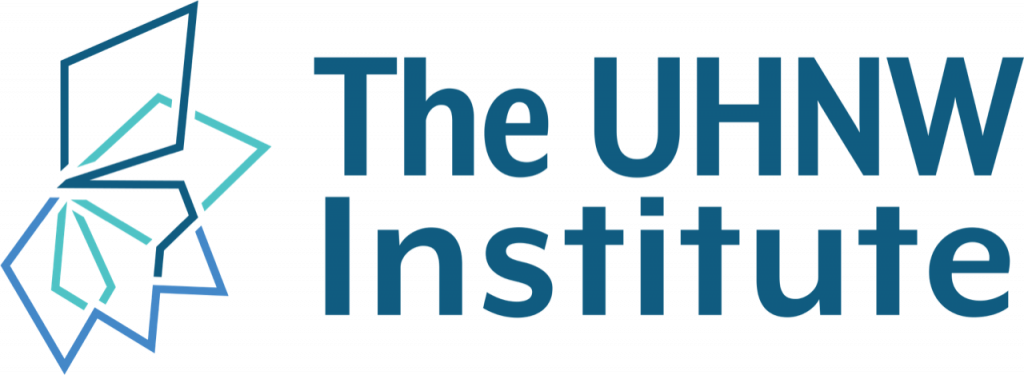Collegium VII Recap: Sustainable Growth in Wealth Management
On October 8, The UHNW Institute hosted the Collegium VII at the BMO offices in Chicago. Facilitated by Jamie McLaughlin, the event brought together UHNW wealth management leaders to examine practical strategies for sustainable growth in a complex industry.
Key topics included aligning firm structures with long-term goals, integrating new service models and preserving client relationships through personalized, scalable solutions. The day’s sessions addressed service models, organizational design and growth profitability, with breakout discussions around the challenges and opportunities for truly integrated wealth management.
An executive summary of the event is available below. An in-depth report on the Collegium is being produced and will be available to membership in December.
Collegium VII, October 8, 2024— Executive Summary
Defining and Achieving Sustainability
About the Event
The UHNW Institute held its seventh Collegium on October 8, 2024, at the BMO offices in Chicago, Illinois. Hosted by Jamie McLaughlin, this year’s event focused on defining and achieving sustainability in the wealth management industry and identifying strategies for addressing those challenges.
Collegium Structure
Throughout the day’s sessions, participants discussed various firm business models and approaches for maintaining scale while preserving the “client intimacy,” aligning capital structure with long-term goals, and delivering truly integrated wealth management to better serve ultra-high-net-worth clients. The day was divided into five primary focus areas:
- A keynote speech: “The Firm of the Future – Scale Insurgents and Disruptors”
- Service Model and Delivery
- Organizational Design and Capital Structure
- Scale: Growth and Profitability
- Breakout sessions focused on the key topics
Keynote: The Firm of the Future – Scale Insurgents and Disruptors
Andrew Schwedel, head of Bain & Company’s Macro Trends Group and co-chair of Bain Futures, opened the day with a compelling keynote on “The Firm of the Future.” He introduced the concept of “scale insurgency,” highlighting the challenge all firms including wealth management firms face in scaling their operations for sustainable growth while maintaining the personal touch essential for client retention.
Service Model and Delivery
The first topic of the day, Service Model and Delivery, came with a set of questions challenging firms to clarify their unique value proposition, assess the scalability of their services, evaluate the relevance of traditional business models, and explore the cost-effectiveness and potential of delivering integrated wealth management, and the promise of tech-enabled solutions like Generative AI in optimizing work processes.
Participants explored the evolving nature of wealth management, shifting from commoditized investment services to a more holistic life counseling approach. The discussion focused on creating tailored services, enhancing client retention, and developing organic and inorganic growth strategies. Key metrics such as client retention, referral rates, and profitability were discussed as crucial to sustaining growth. The importance of measuring “client excitement” as a potential driver of success was also highlighted.
Organizational Design and Capital Structure
Questions posed in this session focused on how firms can balance the priorities of owners, clients, and staff while examining the potential disruptive impact of outside capital on brand identity, the client experience, and advisor behaviors, and whether an alignment of interests with a capital partner is achievable.
Participants discussed the pros and cons of various outside capital partners and the relative benefit of a strategic partner over a purely financial investor, emphasizing the need for alignment with long-term goals. The group also examined succession planning and the role of outside capital in ensuring firm sustainability. The conversation included t the negative implications of a public market exit and maintaining independence while scaling.
Scale Growth and Profitability
The day’s final session looked at the impact of growth on client relationships and firm culture, the role of specific products or services in profitability, the importance of non-financial KPIs, and whether inorganic growth masks weak organic growth.
The discussion centered on the challenges in integrated family wealth management, particularly the need for advisors who are “expert generalists,” customized discovery processes, and standardized yet flexible service offerings. Growth strategies were also emphasized, particularly around tracking client profitability and developing ideal client profiles.
In Summary
The 2024 Collegium highlighted the critical need for wealth management firms to balance scale and intimacy, align capital structures with long-term goals, and shift toward integrated service models that better address client needs. Firms that succeed will be those that can innovate while maintaining intimacy, utilize strategic capital, and develop sustainable growth strategies—both organically and through acquisition. The importance of clear leadership, talent development, and intentionality was emphasized throughout the discussions, setting the stage for the future of the wealth management industry.


